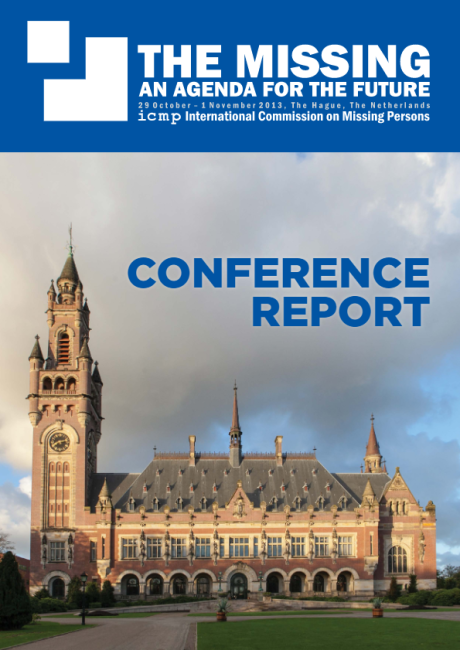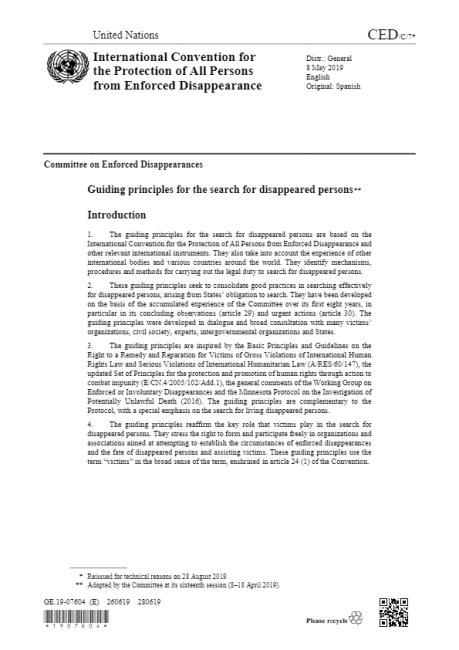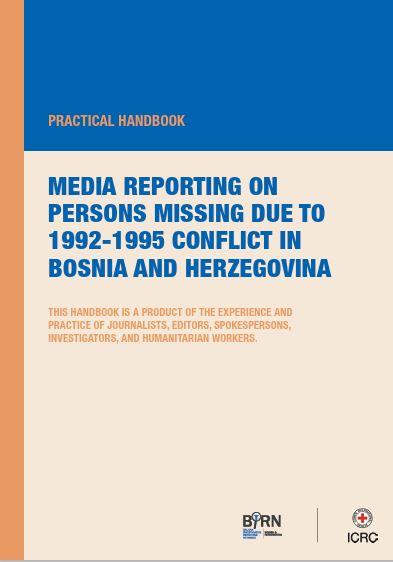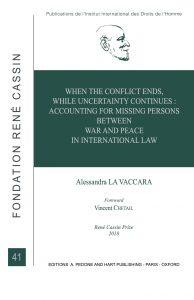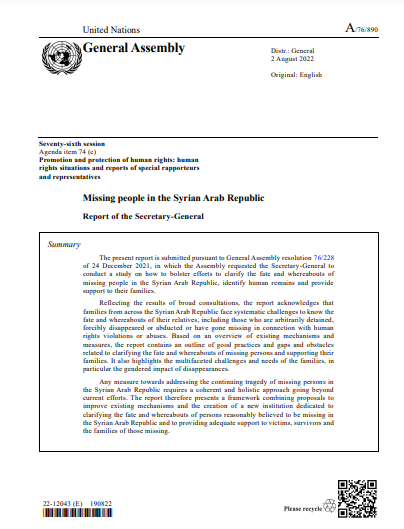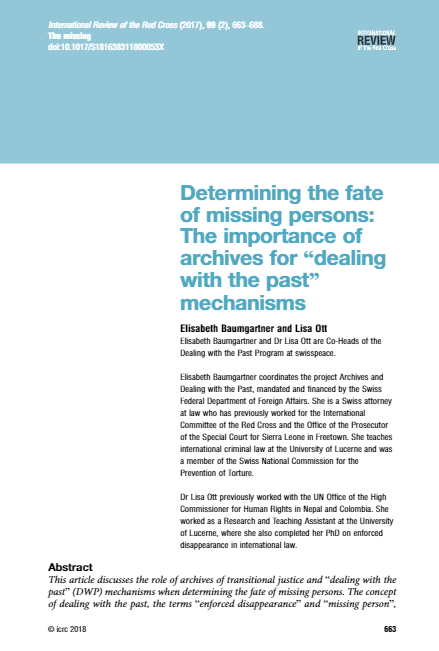
Determining the fate of missing persons: The importance of dealing with the past mechanisms
This article discusses the role of archives of transitional justice and "dealing with the past" (DWP) mechanisms when determining the fate of missing persons. The concept of dealing with the past, the terms "enforced disappearance" and "missing person", and the specific role of archives in periods of transition are examined. Subsequently, specific questions and challenges related to access and use of archives by DWP mechanisms, including those mechanisms with a mandate to determine the fate of missing persons, are described. Many questions related to access to archives, information management and preservation of records are similarly applicable to DWP mechanisms in general and to specific mechanisms mandated to search for missing persons. The article provides some examples of States' obligations related to maintaining and providing access to archives that could assist in the search for missing persons under international law and policy. The article concludes by emphasizing the importance of the preservation and protection of archives relevant for dealing with the past. It further highlights the need to grant DWP mechanisms, especially those aimed at determining the fate of missing persons, access to those archives.


